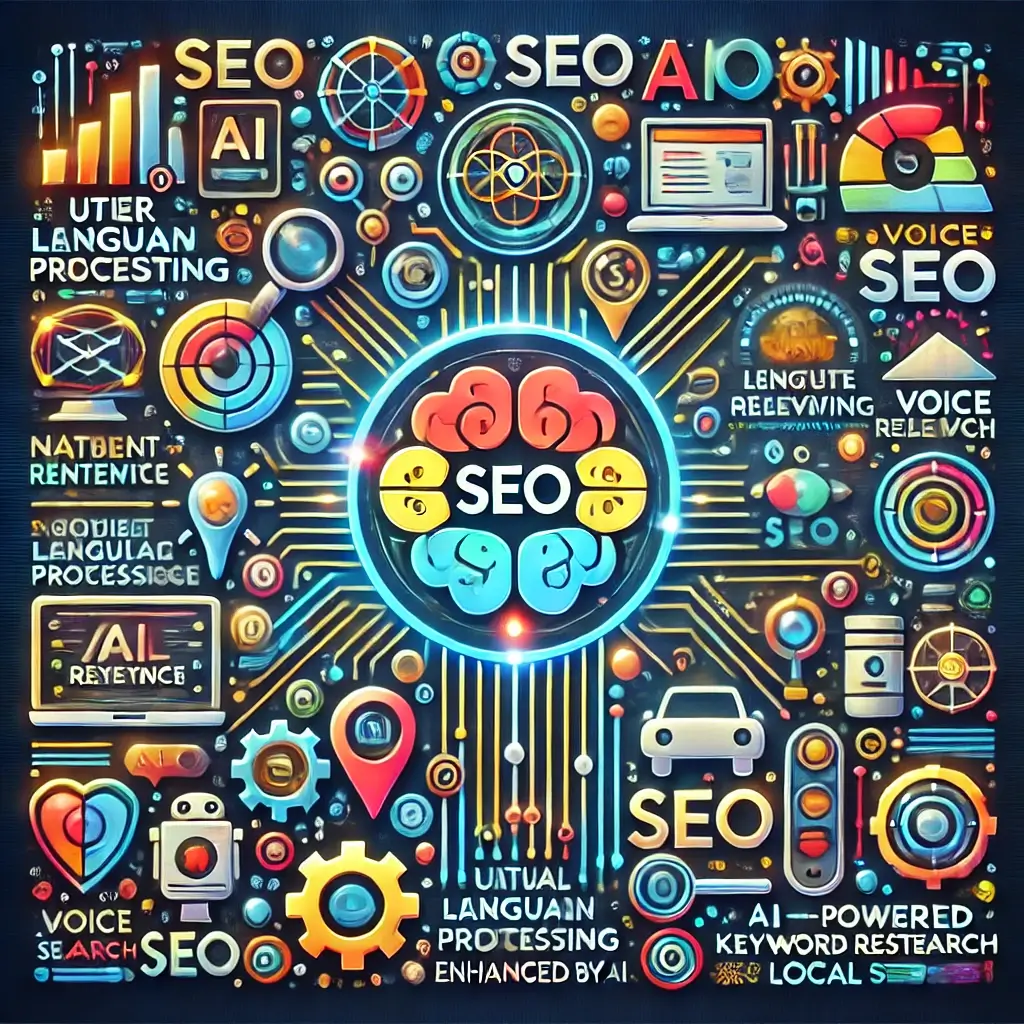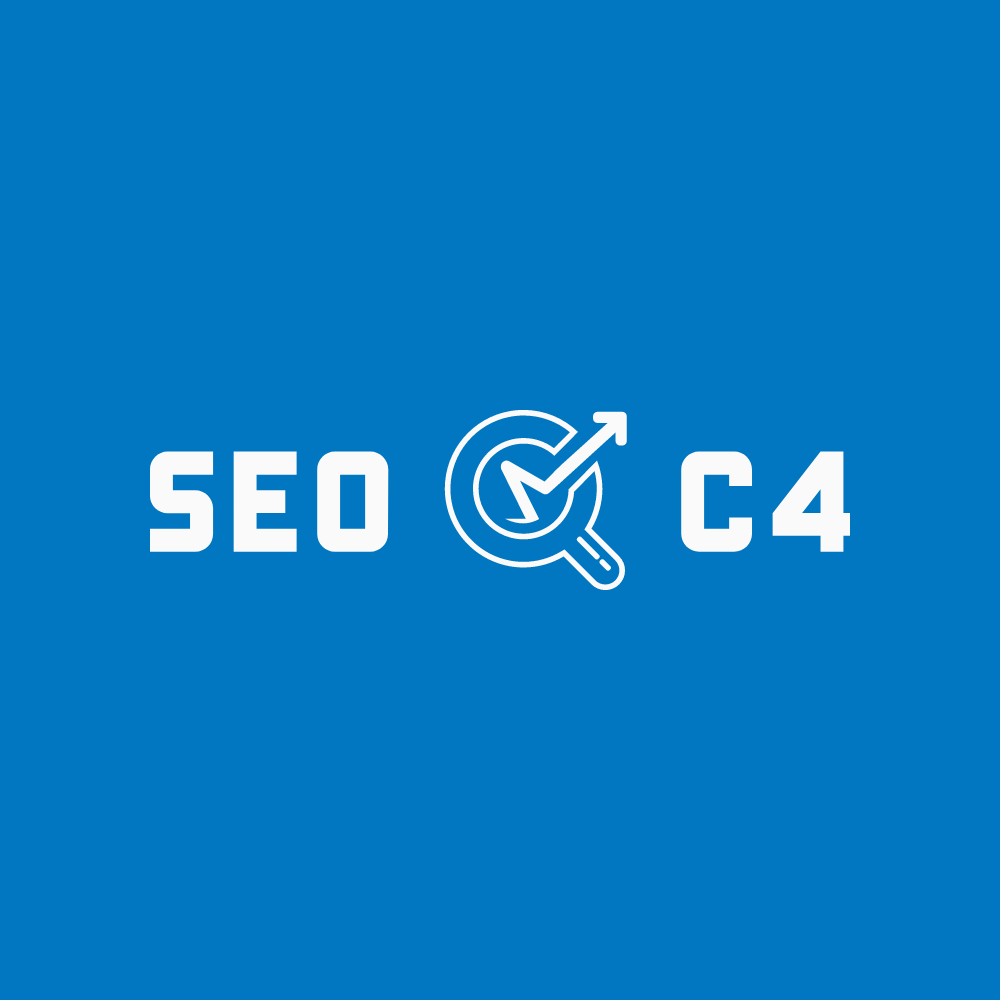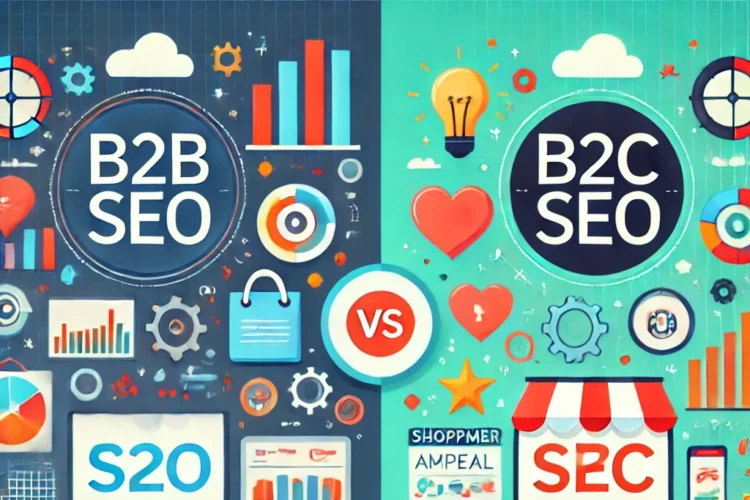
In today’s digital landscape, SEO (Search Engine Optimization) has evolved far beyond simple keyword stuffing and meta tag optimization. The advent of Artificial Intelligence (AI) has transformed SEO into a data-driven, user-centric approach that helps websites rank higher and deliver more relevant content to users. In this blog, we’ll explore the foundational elements of SEO in the era of AI and how these elements can significantly improve a website’s visibility and user engagement.
1. User Intent Understanding
Understanding user intent is a key component of SEO. With AI algorithms, search engines like Google are becoming increasingly adept at analyzing search queries and matching them with user intent, rather than just focusing on keywords. AI helps in categorizing search intents into four main types:
- Informational: Users seeking information on a specific topic.
- Navigational: Users looking for a particular website or page.
- Transactional: Users intending to make a purchase.
- Commercial Investigation: Users researching products before making a decision.
By understanding the type of content that matches the user’s intent, businesses can tailor their content to meet these needs. Tools powered by AI, such as Google BERT and RankBrain, help search engines comprehend the nuances of search queries and provide more accurate search results.
2. Natural Language Processing (NLP)
AI, through Natural Language Processing (NLP), plays a critical role in content optimization. NLP allows AI to interpret human language, providing a deeper understanding of context, grammar, and semantics in content. This enhances the relevance of a webpage for search engines by ensuring that content aligns with search queries naturally and comprehensively.
For SEO professionals, this means writing content that speaks naturally to your audience. Optimizing for AI-powered search engines involves creating more conversational, contextually rich content that directly addresses the questions and needs of users.
3. Content Quality and Relevance
Search engines have become sophisticated in evaluating the quality and relevance of content. With AI, search engines can analyze factors like topic depth, clarity, and user engagement metrics (like dwell time and bounce rates) to gauge how useful a piece of content is to a user. Google’s E-A-T (Expertise, Authoritativeness, Trustworthiness) guidelines are a prime example of AI’s impact on content quality evaluation.
To succeed in SEO with AI, focus on creating high-quality content that provides real value. Content should not only be keyword-optimized but also authoritative, well-researched, and tailored to answer specific questions your audience might have.
4. Voice Search Optimization
AI’s increasing integration with voice-activated assistants such as Google Assistant, Siri, and Alexa has led to a rise in voice search. Users are asking longer, more conversational queries, which necessitates optimizing content for voice search. AI-powered search engines are more likely to rank content that answers questions in a conversational tone and format.
Key strategies for voice search optimization:
- Use conversational, long-tail keywords.
- Structure content to answer common questions.
- Optimize for Featured Snippets and Answer Boxes.
5. Mobile Optimization and User Experience
AI plays a crucial role in assessing user experience (UX), especially on mobile devices. With Google’s mobile-first indexing, the mobile version of your website is prioritized for ranking. AI-powered SEO emphasizes:
- Responsive design: Ensure your website adapts seamlessly across devices.
- Page speed: AI algorithms consider load time as a significant factor.
- Mobile-friendly navigation: Ensure easy accessibility and usability.
For mobile SEO, AI algorithms assess Core Web Vitals (page speed, interactivity, and layout stability) to measure how user-friendly your site is, further impacting rankings.
6. AI-Driven Keyword Research
Traditional keyword research is being enhanced by AI-powered tools like SEMrush, Ahrefs, and Moz. These tools use AI to analyze large sets of data and provide insights into user behavior, trending keywords, and competitor strategies.
AI helps in discovering semantic keywords, which are related terms and phrases that help search engines understand the context of your content. This ensures that your website ranks for a wider range of keywords while maintaining content relevancy.
7. Visual and Video Search Optimization
AI has revolutionized visual search, allowing users to search by images using tools like Google Lens and Pinterest Visual Search. Optimizing your images and videos is essential for SEO in this area. This includes:
- Alt text optimization: Describing images with accurate, keyword-rich descriptions.
- Video transcriptions: Providing text descriptions for video content.
- Structured data markup: Using AI to enhance the visibility of multimedia content in search results.
AI helps search engines analyze and index visual content more effectively, leading to higher rankings for multimedia-rich websites.
8. AI-Powered Analytics and Automation
AI helps marketers track performance, analyze competitors, and automate routine SEO tasks such as:
- Analyzing backlinks.
- Tracking keyword rankings.
- Monitoring site traffic.
AI-powered SEO tools like Google Analytics or SurferSEO provide deeper insights, helping businesses make data-driven decisions. These tools use AI to detect patterns, identify issues, and suggest improvements, allowing you to optimize faster and more efficiently.
9. Local SEO and AI
AI is also enhancing local SEO through features such as geo-targeting and personalized search results. AI algorithms understand where a user is located and provide more accurate, location-specific results, which means optimizing your Google My Business profile and local citations is more important than ever.
Conclusion
As AI continues to evolve, it’s clear that SEO is no longer just about keywords and backlinks. Instead, it’s about creating a holistic, user-centric strategy that leverages AI’s ability to understand intent, context, and user behavior. By focusing on AI-driven content creation, mobile optimization, visual search, and advanced analytics, businesses can stay ahead in the ever-changing SEO landscape.
Read More
5 Problems everyone has with Local SEO – How to Solve them?
SEO Content Writing, Significance, and Professional Tips
8 Facebook marketing tips for small businesses that work
How to create a highly converting Shopify landing page
SEO Services & Packages Average Pricing




